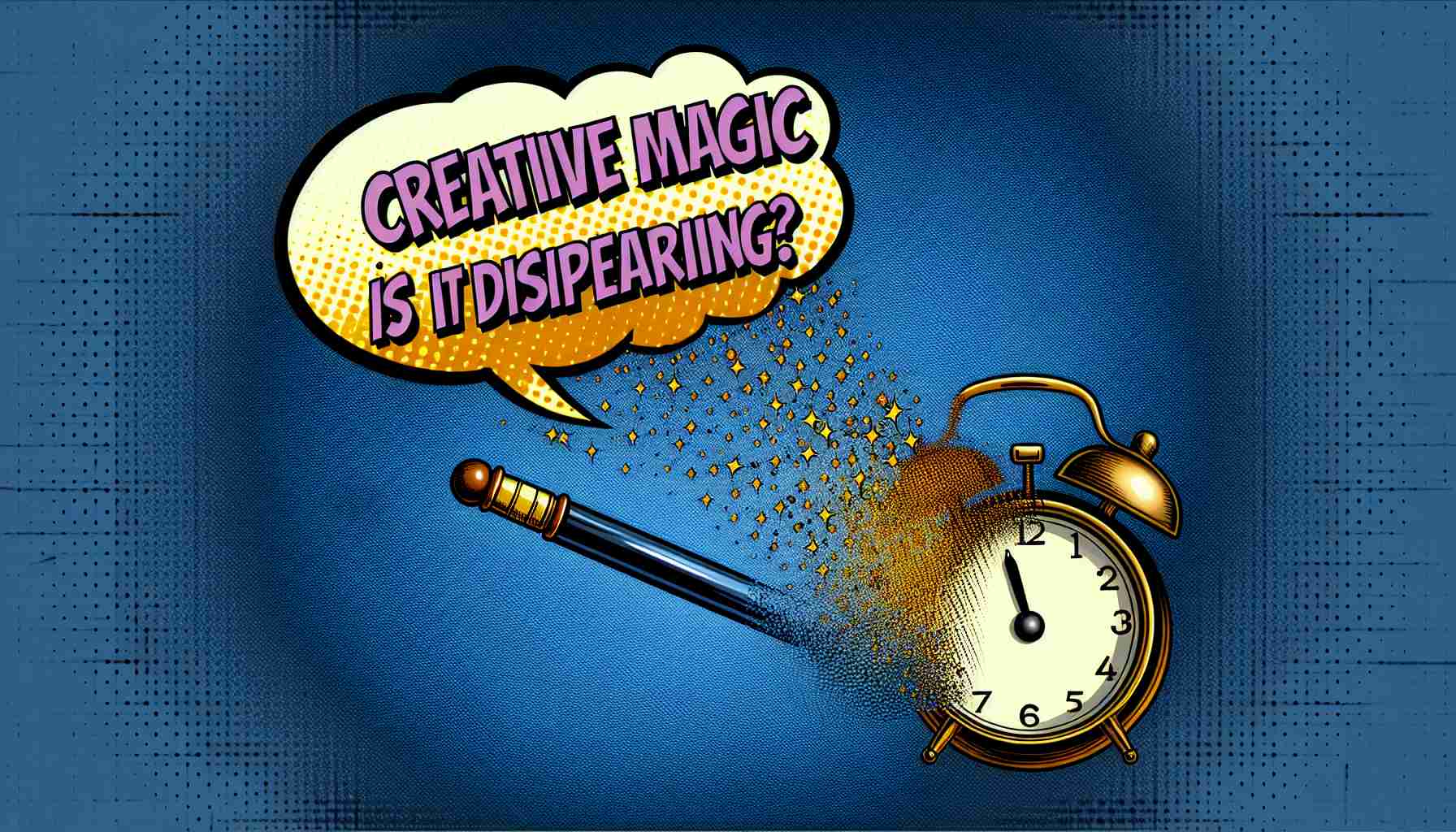
Is Marvel’s Creative Magic Gone? Rob Liefeld Sounds the Alarm
- Rob Liefeld asserts that Marvel Comics is at a critical juncture requiring a significant overhaul.
- He critiques Marvel’s reliance on numerous variant covers and unsold comics, which harm creative storytelling.
- Liefeld emphasizes the need for originality, arguing that derivative characters hinder character development.
- He reflects on a time when creativity flourished, suggesting that current practices prioritize profit over innovation.
- His upcoming release, Deadpool Team-Up #5, marks the end of an era and calls for a return to authentic storytelling.
- Liefeld warns that without originality, comic book heroes risk becoming mere echoes of their former selves.
Rob Liefeld is making waves by declaring that Marvel Comics is at a crossroads, and he’s not mincing words about it. As he gears up for the release of his final comic, Deadpool Team-Up #5, he doesn’t hold back in voicing his concerns over a publishing overhaul that he believes is desperately needed.
In a candid discussion, Liefeld highlights a troubling trend at Marvel: the shelves are cluttered with unsold comics and endless variant covers, all in a desperate attempt to meet sales quotas. He points out that these practices dilute creativity and leave characters like Rogue floundering without the attention they deserve. With a flood of derivative characters and a lack of fresh, original creations, Liefeld argues that the vibrancy of Marvel’s storytelling is fading.
Liefeld’s pivotal message revolves around the idea that true creativity is being sacrificed for the pursuit of profit. He reminisces about a time when artists were encouraged to innovate, citing his own characters, like Deadpool and Cable, that once energized the comic scene. The belief is that Marvel needs a reality check on its current trajectory—a return to storytelling driven by creative passion rather than commercial obligation.
As readers gear up for this historic conclusion in Deadpool Team-Up #5, Liefeld leaves us with a powerful takeaway: The magic of comics thrives on originality. Without it, heroes may just become shadows of themselves. Don’t miss out—grab your copy and witness the end of an era!
Is Marvel Comics Losing Its Creative Edge? A Bold Critique from Rob Liefeld
Rob Liefeld, a prominent comic book artist and creator, is making headlines with his recent remarks about Marvel Comics, claiming the company is at a crucial juncture in its publishing strategy. With the upcoming release of his final comic, Deadpool Team-Up #5, Liefeld expresses his concerns regarding the state of creativity within Marvel, advocating for a necessary overhaul to revive the true essence of storytelling.
Insights into Marvel’s Current Challenges
Liefeld’s assertions highlight several key issues troubling Marvel’s current comic book landscape:
1. Oversaturation of the Market: Liefeld points to the overwhelming number of variant covers and unsold comics filling store shelves, which he believes detracts from the quality and innovate storytelling that fans crave.
2. Stagnation of Original Characters: He critiques the trend of creating derivative characters instead of investing in fresh, original ideas. This stagnation can lead to a lack of engagement among readers, as they encounter an abundance of similar characters rather than unique narratives.
3. Profit Over Passion: With a strong emphasis on commercial success, Liefeld argues that Marvel’s focus has shifted away from creative storytelling. He believes that when profit becomes the primary motive, the genuine magic of comics is lost.
Pros and Cons of the Current Marvel Strategy
Pros:
– Diverse Offerings: The variety of comics can cater to a wide audience, appealing to different tastes and preferences.
– Sales Strategy: The multitude of variant covers can drive initial sales and marketing visibility.
Cons:
– Dilution of Creativity: Overemphasis on sales leads to repetitive and uninspired content.
– Reader Fatigue: Excessive variants and similar character designs may result in readers feeling overwhelmed and disengaged.
Key Questions
1. What are the potential consequences if Marvel doesn’t innovate its storytelling?
If Marvel continues down its current path without reevaluating its focus on creativity, it risks alienating long-time fans who seek substance over superficiality. Over time, this could lead to declining sales and relevance in the competitive comic book market.
2. Could Liefeld’s critiques inspire a shift in Marvel’s approach?
Liefeld’s bold comments may resonate with industry insiders and fans alike, potentially prompting Marvel to reconsider its strategies in favor of more innovative storytelling. A groundswell of demand for originality could encourage a fresh wave of creative projects.
3. How do Liefeld’s views reflect broader trends in the comic book industry?
Liefeld’s critique aligns with a growing sentiment in the comic book community that emphasizes the need for originality and quality over quantity. This trend suggests that both readers and creators are yearning for narratives that prioritize unique storytelling and character development.
Trends and Innovations
The comic book industry is witnessing a variety of trends that could shape its future:
– Diversification of Narratives: As independent comics gain traction, there’s a push for diverse stories that reflect a wider range of experiences.
– Digital Shift: An increase in digital comics and graphic novels may change how creators approach storytelling and distribution.
– Collector’s Market: With the rise of collector culture, limited edition runs and variant covers may continue to thrive, but they will need to be strategically balanced with quality content.
Pricing and Market Analysis
The current sale trends in comics reflect a mix of high demand for certain characters and a general decline in the sales of others. Variants can sell for significantly higher prices, creating a collector’s market that often overshadows the actual stories.
In conclusion, Rob Liefeld’s perspective on Marvel Comics invites crucial conversations about creativity, originality, and the future of storytelling in the industry. As readers await Deadpool Team-Up #5, they are left pondering the very future of their beloved comics.
For more detailed insights on the evolving comic book industry, visit Marvel for updates on new releases and industry news.